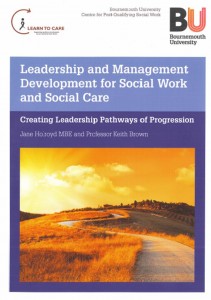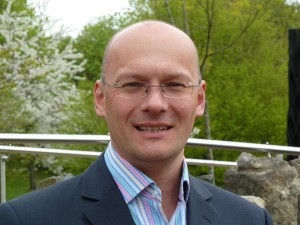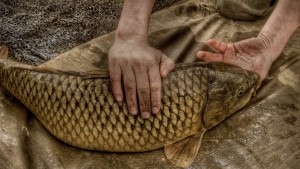 The EPSRC have recently announced a call for applications to participate in a number of workshops to develop research challenges and networks within the Digital Economy Theme:
The EPSRC have recently announced a call for applications to participate in a number of workshops to develop research challenges and networks within the Digital Economy Theme:
Digital Economy Theme – The Research Councils UK Digital Economy (DE) Theme is supporting research to rapidly realise the transformational impact of digital technologies on aspects of community life, cultural experiences, future society, and the economy.
EPSRC leads the DE Theme on behalf of the partner research councils AHRC, ESRC and MRC, bringing together a unique community of researchers from diverse disciplines including computer science, engineering, social science, the arts and medical research; a combination of research and skills that coupled with user-led design will deliver impact.
Digital Economy Sub-Themes – The DE Theme has formed four ‘sub-themes’ to describe the research they support (further described at the end of this document):
- Communities and Culture– As people interact more and more over the web, what might ‘community and culture’ mean within a digital society?
- Sustainable Society– Digital technologies can be used to make services more sustainable and enhance current systems (economic, environmental and social), in a way that is accessible, affordable, bespoke and popular.
- IT as a Utility– To realise the digital economy, digital infrastructure should be so simple, accessible and reliable it is invisible to the consumer.
- New Economic Models – New business models in a digital economy will create a more flexible, dynamic, resilient and individual-centred economy for the UK.
EPSRC now wish to further develop these sub-themes, and so are seeking applications from interested researchers and users to attend a number of one-day workshops, to explore the opportunities and associated research challenges in these sub-themes and also to create a longer term network of researchers and users around the sub-themes.
Sub-theme Workshops and Networks – At the workshops attendees will consider the sub-theme remit and associated DE Theme portfolio, and identify the opportunities within the sub-theme and the associated research challenges, prioritising where the DE Theme could add value and have maximum impact.
Following on from the workshop, EPSRC envisage the sub-theme network creating a community around the sub-theme, expanding the network to include other relevant stakeholders, whether academic, users or other stakeholders.
The network will also continue to develop the research challenges and priorities in the sub-theme and also gathering information on the sub-theme landscape (e.g. other activities, funders etc.). The DE Theme will use these network outputs to inform future investment.
The workshops have been arranged for the following dates, although locations are still to be confirmed:
New Economic Models – Monday 23 January 2012
IT as a Utility – Tuesday 24 January 2012
Communities and Culture – Thursday 26 January 2012
Sustainable Society – Friday 27 January 2012
The deadline for submission of the EoI is 12:00 on 30 November 2011. Applicants will be informed of the outcome of their application by the 16 December 2011.
For more information on the RCUK Digital Economy theme, and how to apply to participate in the workshops please visit the EPSRC website.
This is a fantastic opportunity for anyone researching in this area, especially as it fits in with our emerging BU Research Theme – Creative and Digital Economies. Anyone interested and research-active in this field is strongly encouraged to apply!

 Watch this excellent short video from BU’s Dr Darren Lilleker on how members of Parliament can use technology to connect with people, particularly in relation to EU dialogues in politics.
Watch this excellent short video from BU’s Dr Darren Lilleker on how members of Parliament can use technology to connect with people, particularly in relation to EU dialogues in politics.
 Watch this excellent short video from BU’s Bryce Dyer (School of Design, Engineering and Computing) who is informing the 2012 Paralympics committee on the performance of lower limb prosthetics.
Watch this excellent short video from BU’s Bryce Dyer (School of Design, Engineering and Computing) who is informing the 2012 Paralympics committee on the performance of lower limb prosthetics. Watch this excellent short video from BU’s
Watch this excellent short video from BU’s  The
The 












 Read and sign up to BU’s Policy Influence Digest
Read and sign up to BU’s Policy Influence Digest Upcoming opportunities for PGRs – collaborate externally
Upcoming opportunities for PGRs – collaborate externally BU involved in new MRF dissemination grant
BU involved in new MRF dissemination grant New COVID-19 publication
New COVID-19 publication MSCA Postdoctoral Fellowships 2024
MSCA Postdoctoral Fellowships 2024 Horizon Europe News – December 2023
Horizon Europe News – December 2023